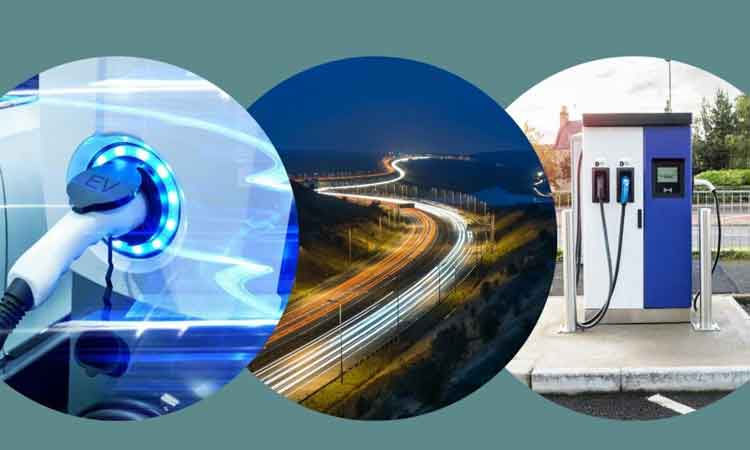TfN launches framework to meet EV infrastructure needs
- Like
- Digg
- Del
- Tumblr
- VKontakte
- Buffer
- Love This
- Odnoklassniki
- Meneame
- Blogger
- Amazon
- Yahoo Mail
- Gmail
- AOL
- Newsvine
- HackerNews
- Evernote
- MySpace
- Mail.ru
- Viadeo
- Line
- Comments
- Yummly
- SMS
- Viber
- Telegram
- Subscribe
- Skype
- Facebook Messenger
- Kakao
- LiveJournal
- Yammer
- Edgar
- Fintel
- Mix
- Instapaper
- Copy Link
Posted: 10 November 2022 | Intelligent Transport | No comments yet
TfN’s EVCI framework has been developed to support local authority and national government partners in the planning and deployment of EV charging infrastructure.


c: TfN
Transport for the North (TfN) has launched its bespoke regional Electric Vehicle Charging Infrastructure (EVCI) Framework.
Aimed at getting the North “plugged in”, TfN is using a data driven approach to capture road user, socio-economic, land-use and housing data in one place for the first time, to provide a comprehensive and consistent view of Electric Vehicle (EV) charging needs across the region.
TfN data says up to 161,000 electric vehicle charge points will be needed across the North by 2030. It’s feared that charging infrastructure disparity that’s left unresolved, could undermine the successful take-up and use of EVs.
There are currently around 8,000 public charge points across the North, five per cent of the 161,000 charging connections needed across the region by 2030 to support drivers switching to electric vehicles. TfN’s analysis indicates that up to 470 charge point installations are required per week between now and 2025, with this rising to up to 620 installations per week between 2025 and 2030.
This whole system approach advocated by TfN is designed to help accelerate delivery across the region at this key time, identifying opportunities for scaling up EV charging investment across the North.
Working with transport and energy partners through its regional EV Steering Group, TfN has developed the EVCI Framework to support local, regional and national partners in the strategic planning and deployment of EV charging infrastructure. In this way, the Framework will help inform and enhance delivery through partnership with the private sector.
“Our evidence is clear that we must act now if we’re to roll out the EV charging infrastructure needed to support our decarbonisation, economic, and inclusivity ambitions,” commented Martin Tugwell, Chief Executive of Transport for the North.
“Our aim is to offer a fully integrated assessment, one that accounts for the large proportion of trips which are ‘cross-boundary’ as well as looking at how our roads and charging networks can cater for the full range of journeys being made to, from and within our region.
“Electric vehicle uptake is rapidly increasing, with no new petrol and diesel cars and vans sold in the UK by 2030. Over the next decade we will need to see a rapid transition to EVs and Zero-Emission Vehicles (ZEVs), and this requires significant investment in the charging infrastructure if we are to decarbonise transport.
“It is important that the delivery of charging infrastructure is user-centred, placed-based and outcome-focused. In this way we can ensure access to EVs is equitable, accessible and inclusive. Our approach provides the means to make better assessments about where to put the new charging points, without forgetting the needs of non-EV users.”
Related topics
Air Quality, Alternative Power, Infrastructure & Urban Planning, Passenger Accessibility, Passenger Experience
Related modes
Electric Vehicles (EV)
Related countries
United Kingdom
Related organisations
Transport for the North (TfN)
Related people
Martin Tugwell







